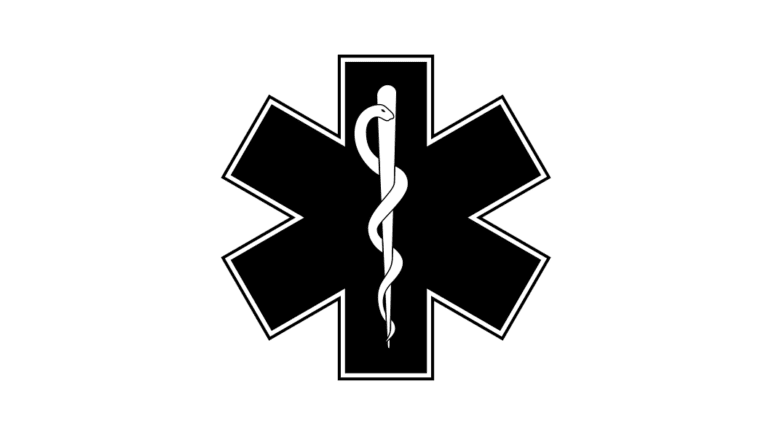This article by Sarah Jane Tribble first appeared in Kaiser Health News, republished with permission.
A U.S. lawmaker is taking action after a KHN investigation exposed weaknesses in the federal system meant to stop repeat Medicare and Medicaid fraud and abuse.
Rep. Lloyd Doggett (D-Texas) said he decided to introduce a bill in the House late last week after KHN’s reporting revealed what he called a “shocking loophole.”
KHN found a laundry list of weaknesses that allows people accused or convicted of fraud to easily sidestep bans imposed by federal officials. Among those gaps is the Centers for Medicare & Medicaid Services’ lack of authority to deny or revoke National Provider Identifier, or NPI, numbers after federal regulators have prohibited a person or business from receiving payments from government programs.
Doctors, nurses, other practitioners, and health businesses use the unique, 10-digit NPI numbers to bill and file claims with insurers and others, including Medicare and Medicaid.
Taking away the NPI would “be equivalent of prohibiting a practitioner from practicing in total,” Dara Corrigan, director of CMS’ Center for Program Integrity, wrote in an email response to questions about KHN’s investigation. CMS declined to comment on Doggett’s proposed legislation.
The bill, HR 1745, would give CMS the authority to deactivate NPIs tied to anyone convicted of waste, fraud, or abuse and whose name appears on the exclusions list kept by the Office of Inspector General for the U.S. Department of Health and Human Services. The proposed law would also require CMS to implement recommendations that the inspector general has made to improve NPI reporting and provider transparency.
“This strikes me as what should be an easy bipartisan measure,” Doggett said, adding that he had presented the bill in a face-to-face meeting with Rep. Jason Smith (R-Mo.), who chairs the House Ways and Means Committee. Doggett also alerted that panel’s health subcommittee chair, Rep. Vern Buchanan (R-Fla.).
“They both talk about the need to eliminate fraud, and this is one modest but important way to do it,” Doggett said. Neither Smith’s nor Buchanan’s offices responded to requests for comment.
The OIG declined to comment.
Former Justice Department officials told KHN that repeat violators are savvy and find ways to circumvent the system. KHN examined a sample of 300 health care business owners and executives who are among more than 1,600 on the OIG’s exclusion list since January 2017. Journalists reviewed court and property records, social media, and other publicly available documents.
KHN found:
- Eight people appeared to be serving or served in roles that could violate their bans.
- Six transferred control of a business to family or household members.
- Nine had previous, unrelated felony or fraud convictions, and went on to defraud the health care system.
- And seven were repeat violators, some of whom raked in tens of millions of federal health care dollars before getting caught by officials after a prior exclusion.
Doggett’s bill is “a pretty smart step in the right direction in fixing this issue,” said John Kelly, a former assistant chief of health care fraud at the Department of Justice who is now a partner for the law firm Barnes & Thornburg. Kelly had previously recommended that NPIs should be “essentially wiped clean” when a person is on the exclusions list.
Kelly, who confirmed that Doggett’s office reached out to him after KHN’s investigation was published in December, said taking the NPI number away “certainly doesn’t eliminate all risk” but it’s a move “in the right direction.”
“If you want to bill Medicare, you have to have a valid NPI,” Kelly said.KHN (Kaiser Health News) is a national newsroom that produces in-depth journalism about health issues. Together with Policy Analysis and Polling, KHN is one of the three major operating programs at KFF (Kaiser Family Foundation). KFF is an endowed nonprofit organization providing information on health issues to the nation.
Subscribe to KHN’s free Morning Briefing.
